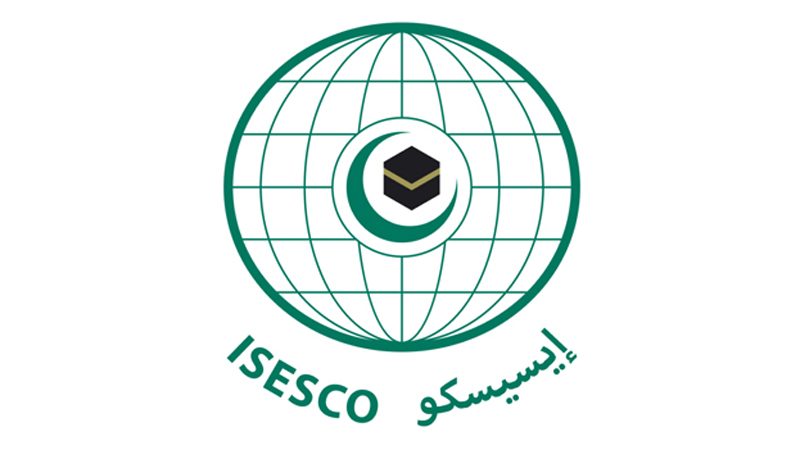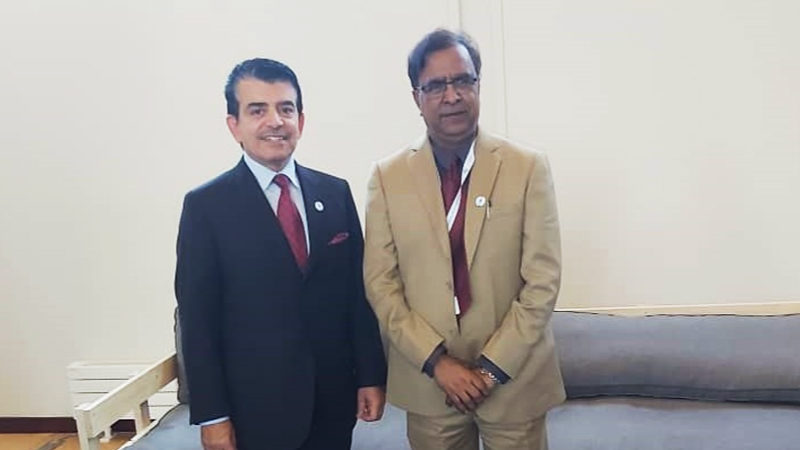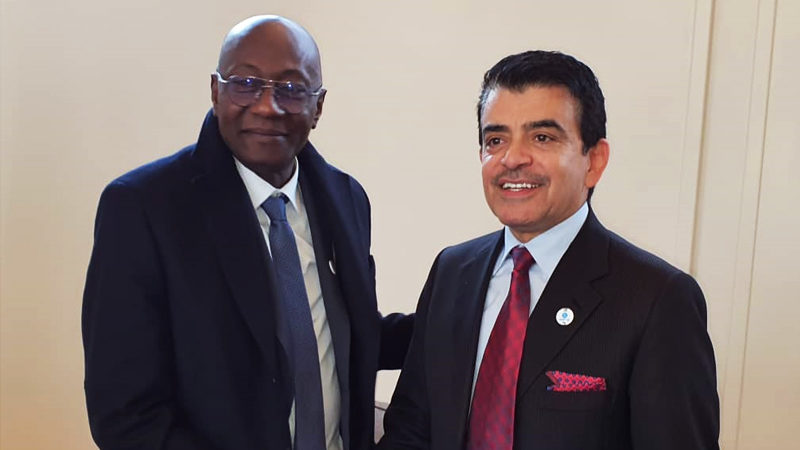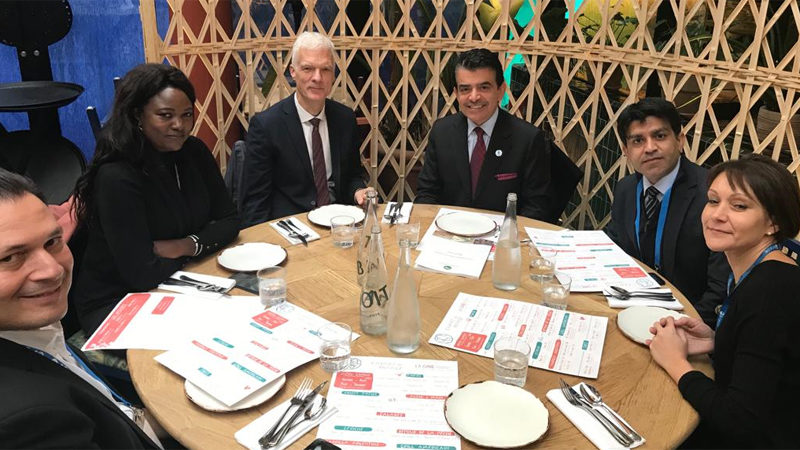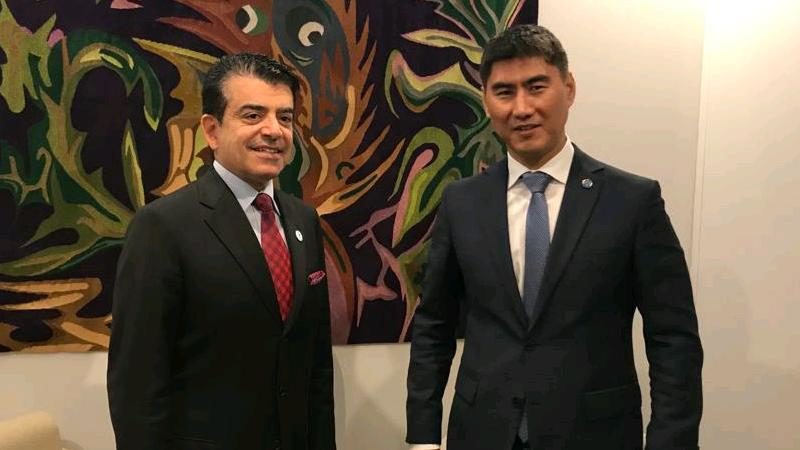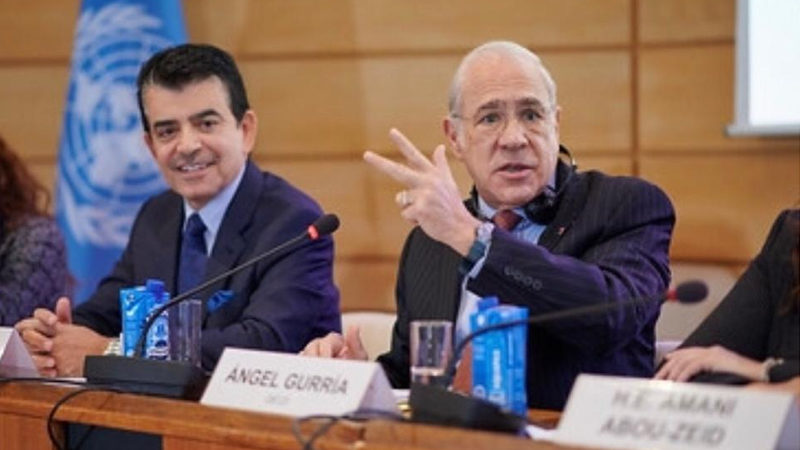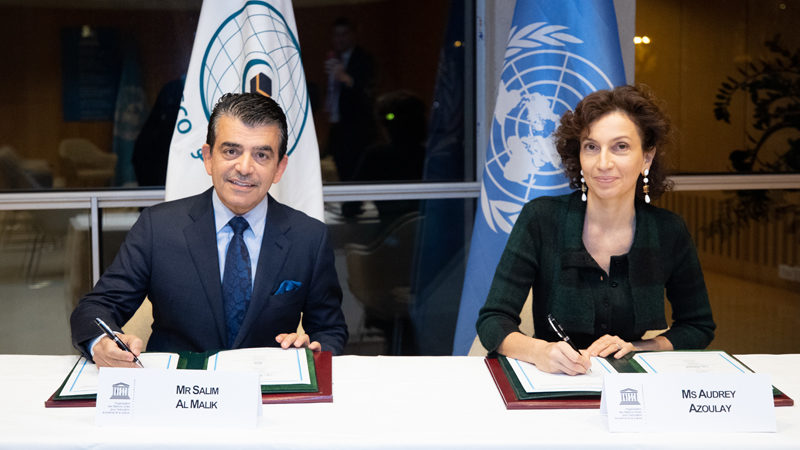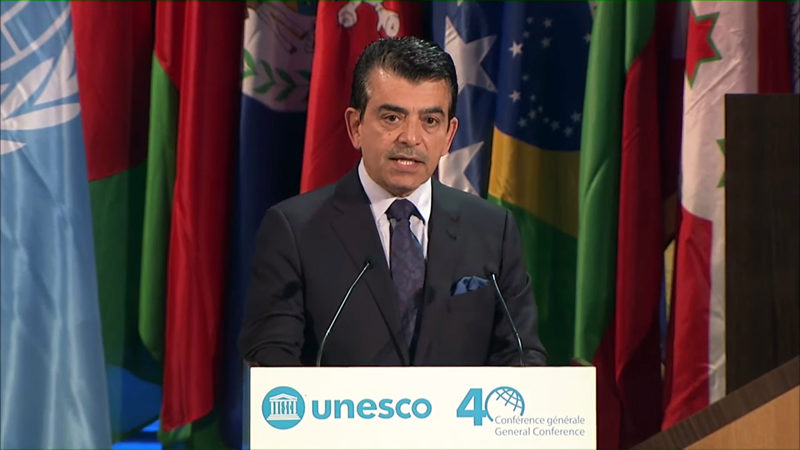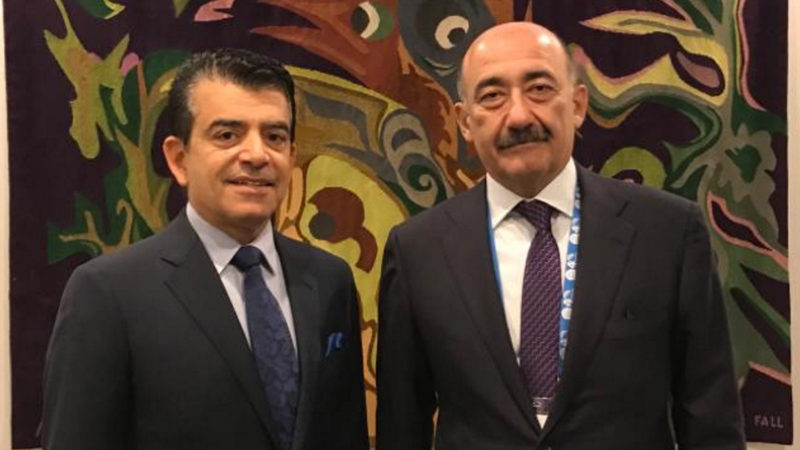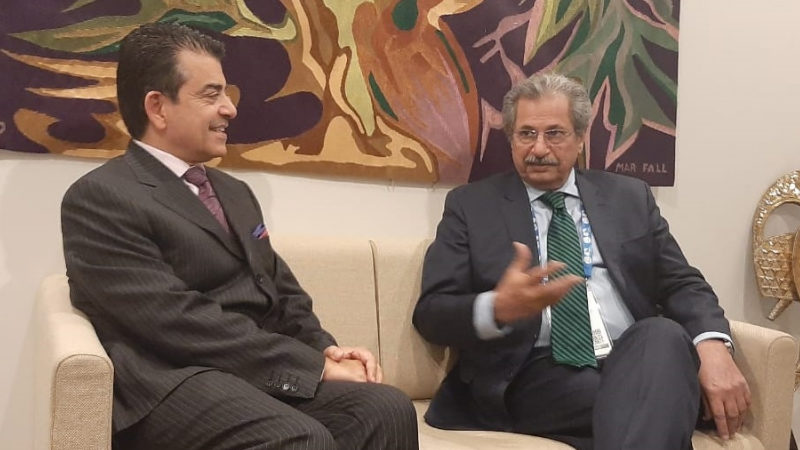On 20 November each year, the world celebrates the Universal Children’s Day. This Day’s importance lies in highlighting the major challenges and violations against children all around the world, and putting forward recommendations and proposals likely to address such challenges and curb violations so as to promote and protect the rights of this social segment, ensure their broad participation in developing national projects’ plans, respect their opinions with regard to all issues relevant to their rights, prevent, address and monitor violence against them, and provide them with the services of education, health, rehabilitation and social integration.
On this occasion, the Islamic Educational, Scientific and Cultural Organization (ISESCO) issued a statement indicating that the Organization has identified a set of challenges and obstacles facing children in the Islamic world such as the high mortality among children under five years of age, low rate of primary school enrolment, lack of gender equality in education, addiction, violence, sexual abuse, malnutrition, and isolation in conflict zone.
In the same vein, ISESCO called on all Member States’ governmental institutions and civil society organizations to join efforts so as to promote the international commitments through the ratification of, unless already done, the Covenant on the Rights of the Child in Islam, relevant regional and international protocols on the protection of children, including the Convention against Torture and Other Cruel, Inhuman or Degrading Treatment or Punishment and its optional protocols, Convention 138 on Minimum Age and Convention 182 on the Elimination of the Worst Forms of Child Labour of the International Labour Organization (ILO), and the United Nations Convention against Transnational Organized Crime and its supplementary Protocol to Prevent, Suppress and Punish Trafficking in Persons.
Moreover, ISESCO’s statement called upon all Member States’ institutions and bodies to promote the legal and human rights framework in addressing issues of children in all regions while focusing on disadvantaged neighborhoods in the urban centers and the remote cities and villages deprived of services, and include the concept of non-violence culture in the educational curricula at various levels.
ISESCO also urged Member States to rapidly develop national strategies and action plans to counter and eradicate all forms of violence against children, raise awareness of the rights of children and non-violence culture in such a way as to promote and upgrade these commitments to enforceable legal principals while considering the resolutions of ISESCO’s successive sessions of the Islamic Conference of Ministers in charge of Childhood, and the relevant United Nations’ resolutions as an adequate framework for people operating in the field of children.

